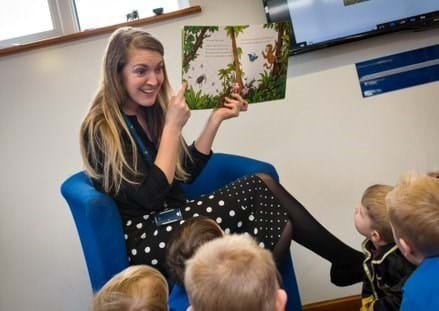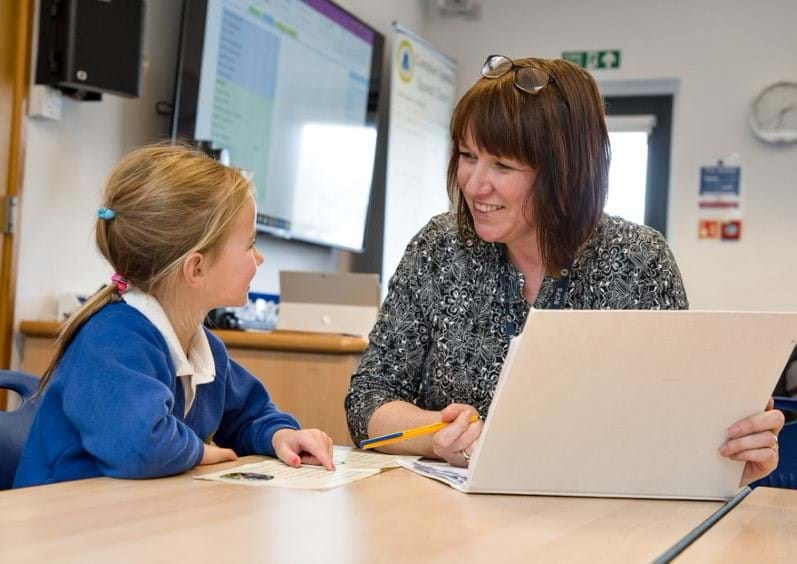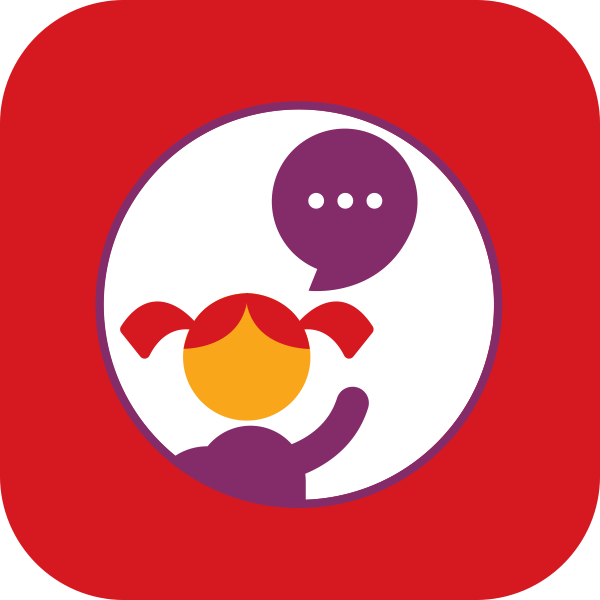“ ”
Meeting need
WellComm is a speech and language toolkit, specifically designed for children up to six years old. It screens language skills and, if intervention is identified, offers suggestions for fun, play-based activities in the Big Book of Ideas to move children forward.
“I trained entire staff teams on how to screen children using WellComm so the project would be sustainable if staff left. I also conducted a rating of ‘communication friendliness’ on each setting examining the learning environments, opportunities for communication and interaction styles of teaching staff, which allowed me to deliver bespoke training packages for individual settings.”
The project began in earnest in September 2013, with 368 children participating in both pre and post project screening.
Measuring impact
WellComm bands children into one of three categories; red means extra support is needed along with a referral to a specialist, amber means extra support and intervention is recommended, and green means no intervention is currently required.
“On the first screening, only one third of children who received a red banding were already known about. It also surprised practitioners to discover that some children they expected to be green, weren’t. Undiscovered, these issues could have greatly hindered those children’s progress.”
Each setting organised small group activities to target specific need with staff routinely dipping into the Big Book of Ideas.


Results
The success of the project has exceeded expectations. “When we rescreened after a term and a half of interventions, we found a 13% drop in those screening red, a 12% drop in those screening amber, and a 25% rise in those screening green.
“We also managed to significantly close the gap for disadvantaged children whose language environment at home might not be as rich as it could be.
“At the start of the project, 66% of children on free school meals screened as red or amber, compared to 45% of those not FSM. On the second screening, just 25% of these children were red or amber, compared to 20% of those not on FSM.”
Staff were re-issued a questionnaire, which showed that more than double now felt confident in identifying children with speech and language difficulties (from 46% to 94%). Those who felt they had sufficient skill and knowledge to support these children had risen from 13% to an impressive 90%.
Jessica comments: “Other settings have expressed an interest in similar projects and the early years pupil premium funding will offer a good opportunity to get involved. WellComm is a cost efficient way of identifying children early and supporting their language needs, and it meets various Ofsted requirements.
“In a very short time span, our results have shown just how effective WellComm can be.”

